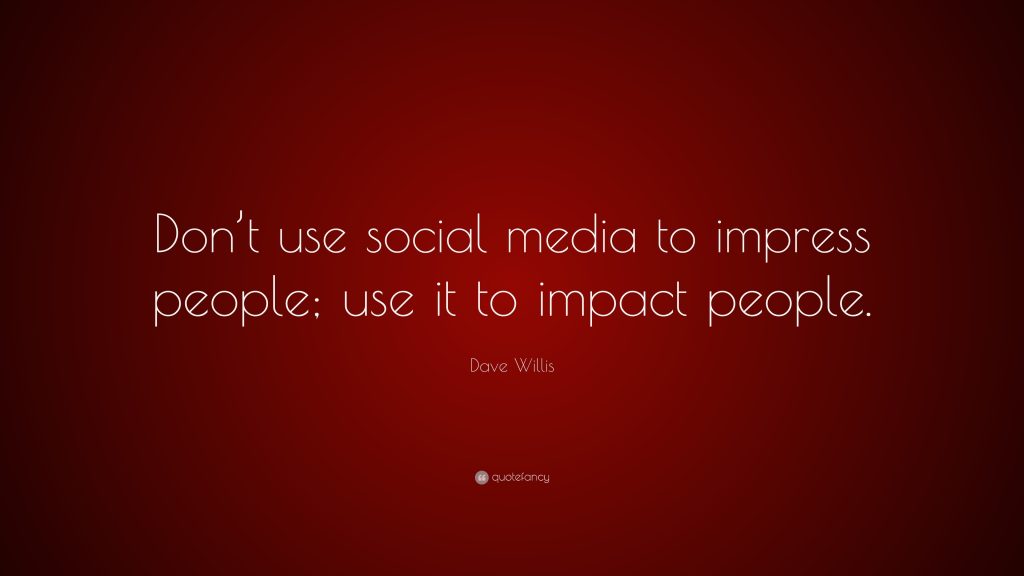
The desire to showcase perfect vacations has transcended traditional travel methods. Gone are the days of simply choosing a hotel based on price and location. Today, social media has irrevocably shaped how we select our hotel accommodations. This pressure to impress, to curate the perfect travel story, is fundamentally altering the travel industry.
Social media platforms have become powerful tools for showcasing travel experiences. Instagram, TikTok, and even Facebook offer curated glimpses into luxurious resorts, stunning city views, and unforgettable adventures. These visually appealing posts create a sense of aspirational travel, impacting how potential guests perceive and ultimately choose their hotel accommodation.
This curated nature of social media feeds often presents an idealized version of reality. Filters, carefully chosen angles, and strategically placed hashtags contribute to a heightened sense of perfection. This idealized representation can be both enticing and, perhaps, a bit unrealistic. This pressure to present a flawless travel narrative influences potential guests.
The pressure to impress directly impacts hotel research. Potential guests meticulously examine hotel photos, read reviews, and scan social media feeds to determine if the hotel aligns with their perceived ideal vacation. This research process often becomes heavily reliant on visual cues and the perceived social validation expressed through online comments and likes.
Reviews, particularly those shared on social media, play a crucial role in decision-making. Positive reviews, brimming with praise for service and ambiance, often sway potential guests. Conversely, negative comments about facilities, cleanliness, or noise levels can deter bookings. This reliance on social media reviews has become a primary factor in choosing a hotel, influencing booking decisions significantly.
Beyond reviews, hotels are actively engaging with social media to shape perceptions. High-quality photos, videos, and engaging content are used to highlight amenities, location, and the overall hotel experience. This strategic use of social media marketing reflects the evolving demands of the modern traveler.
The pressure to impress extends beyond just showcasing the hotel itself. Guests are often motivated to document and share their own experiences, creating a cycle of social proof that further impacts future bookings. The perfect vacation photo becomes a status symbol, influencing the decisions of others.
However, this pressure isn’t without its drawbacks. The constant need to portray an ideal vacation can sometimes lead to a feeling of inadequacy or pressure to conform to specific standards. The curated nature of social media can also make it difficult for potential guests to differentiate between genuine experiences and carefully crafted portrayals.
Despite the potential pitfalls, the influence of social media on hotel choices is undeniable. Hotels must adapt to this new reality to remain competitive. Smart hotel marketing strategies now incorporate high-quality visuals, engaging content, and authentic customer interactions to reflect the evolving language of social media.
The impact extends beyond the individual traveler. The pressure to impress influences overall travel trends. Destinations and experiences are chosen based on their visual appeal and potential for sharing on social media, changing the way people approach travel planning and experience sharing dramatically. This pressure often steers towards curated experiences over more local or authentic ones in some cases—a consideration hotels and destinations need to keep in mind when devising marketing strategies, while preserving true experiences along the way. This is an ongoing dynamic. The interplay between social media and travel continues to evolve, shaping the way we experience destinations and the choices we make when selecting accommodations and experiences. It creates a competitive landscape, forcing hotels to continually innovate and cater to the demands of social media and the desire to showcase travel experiences.
In conclusion, social media has undeniably reshaped how we choose hotel accommodations. The pressure to impress and showcase experiences has become a significant factor, impacting everything from initial research to final booking decisions. While this pressure can lead to curated and often unrealistic portrayals, it also fosters a more vibrant and competitive landscape for hotels and travel experiences. Smart travel companies must adapt to these new pressures and realities by offering genuine experiences, fostering community, and embracing the evolving language of social media.